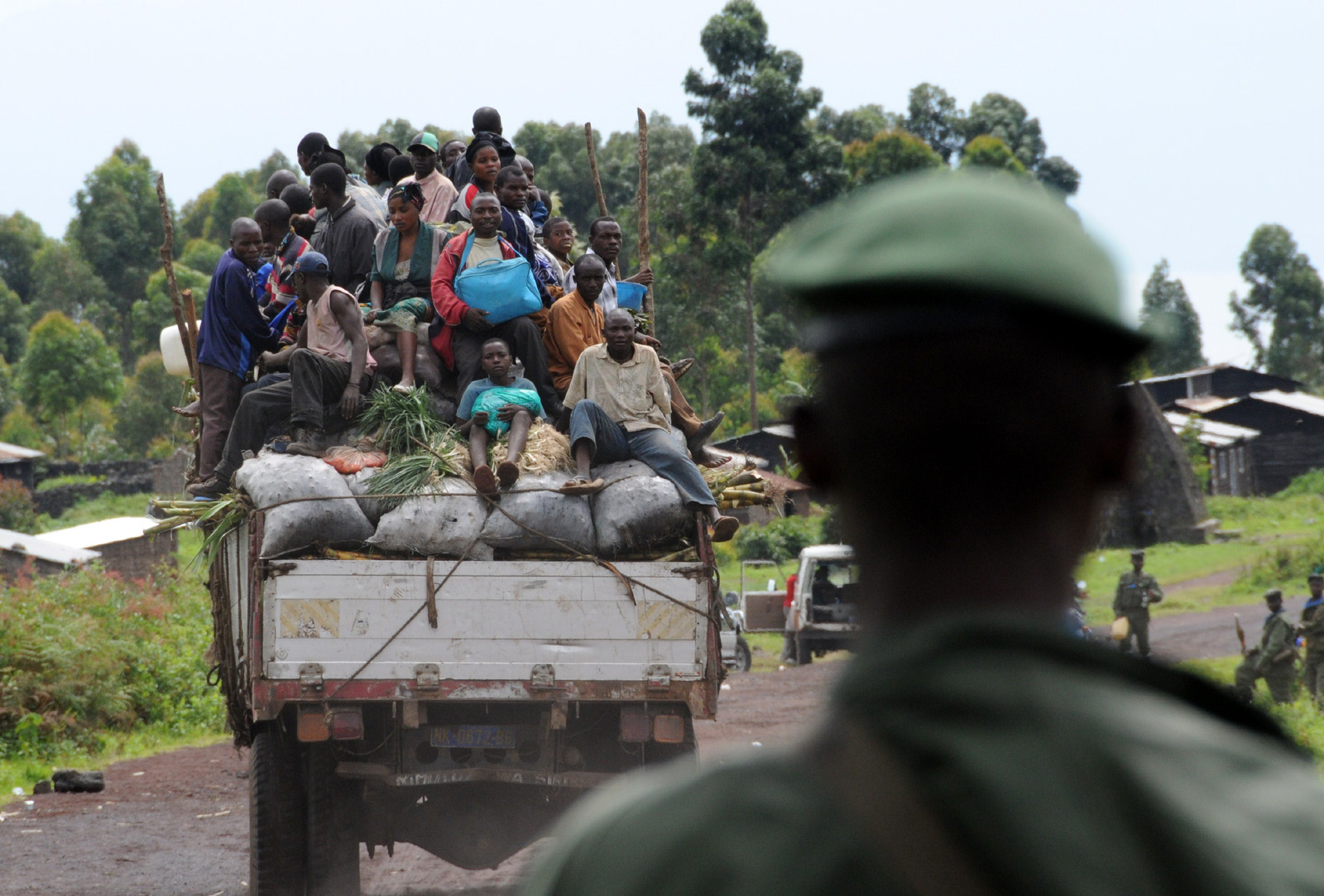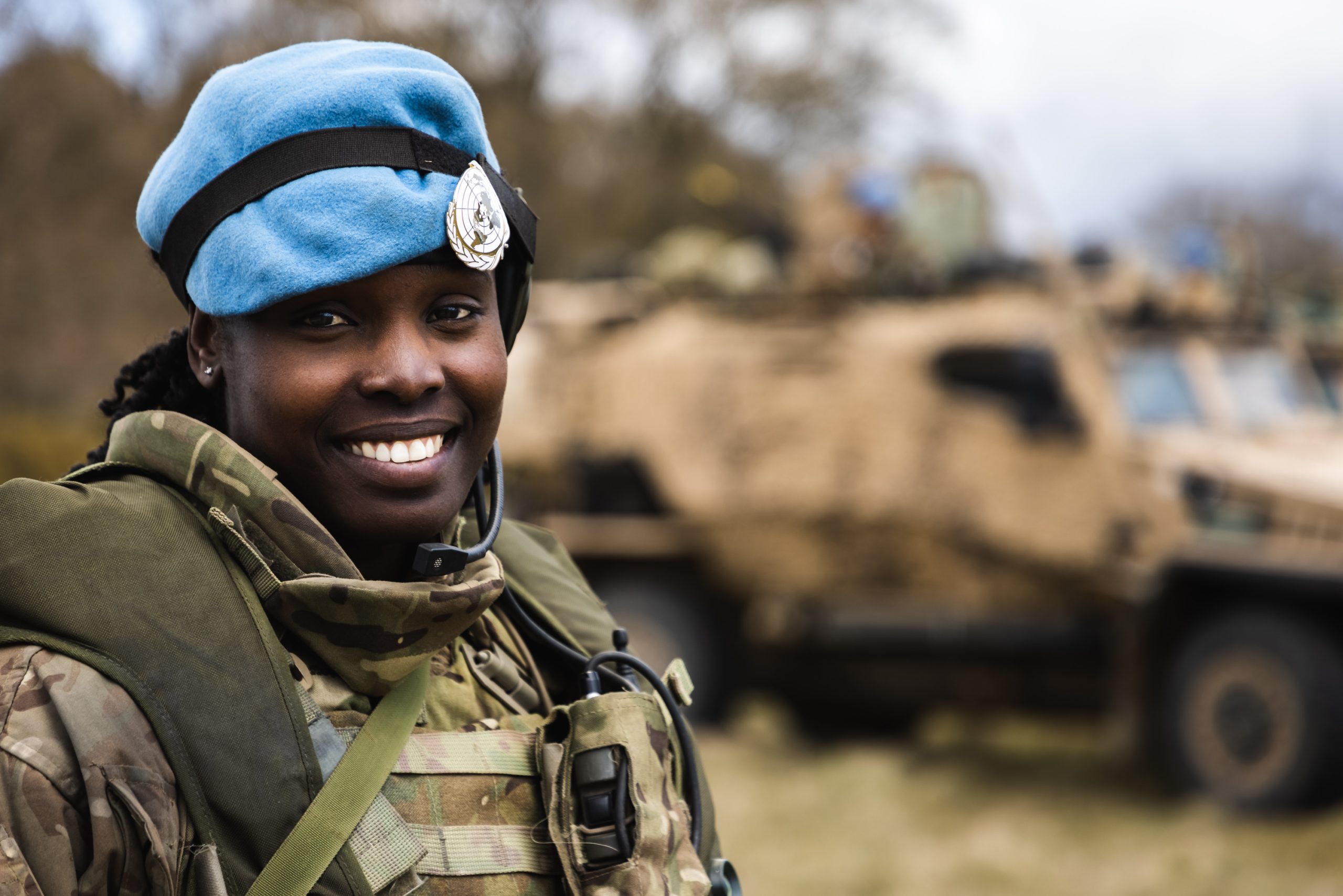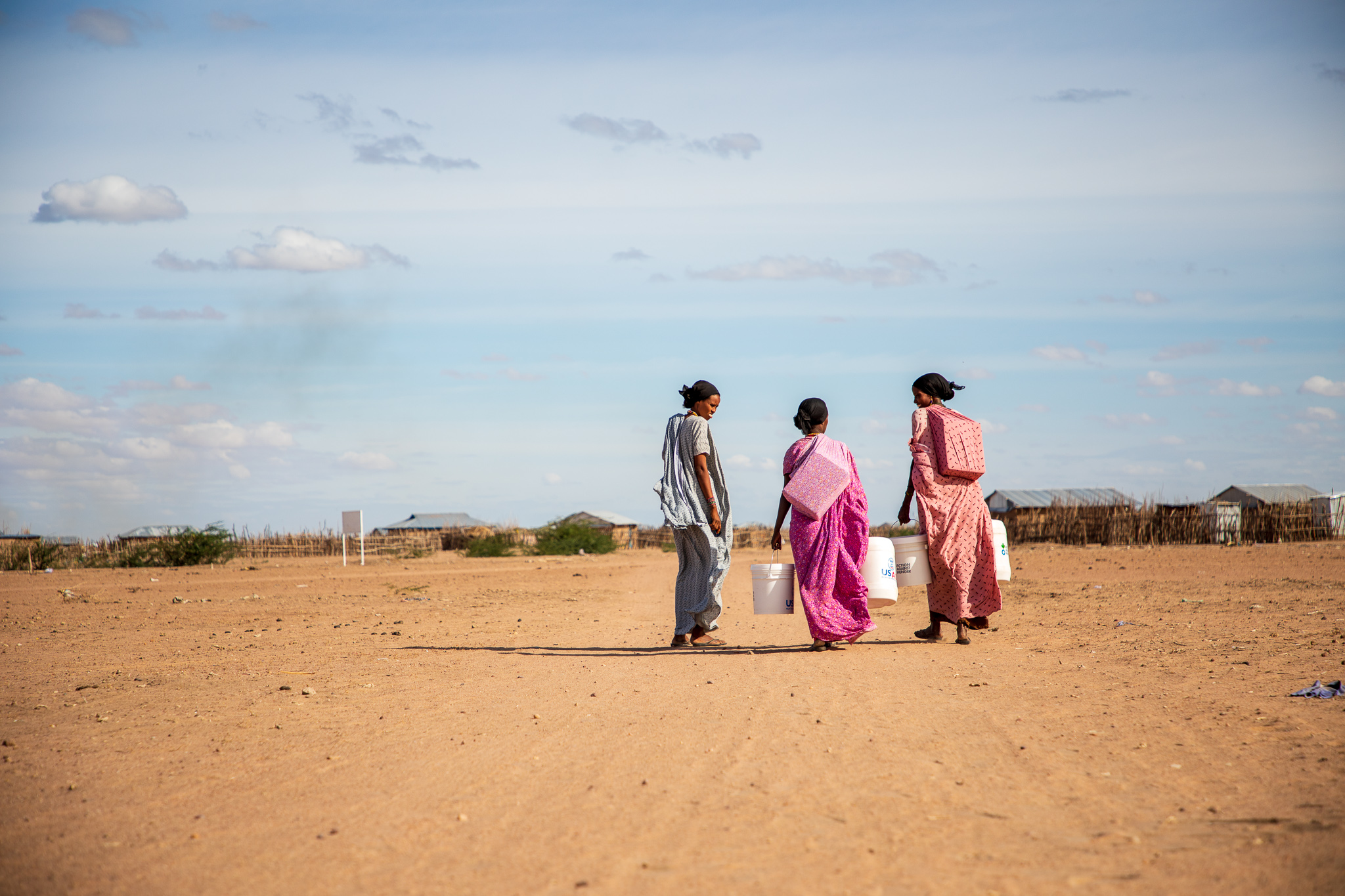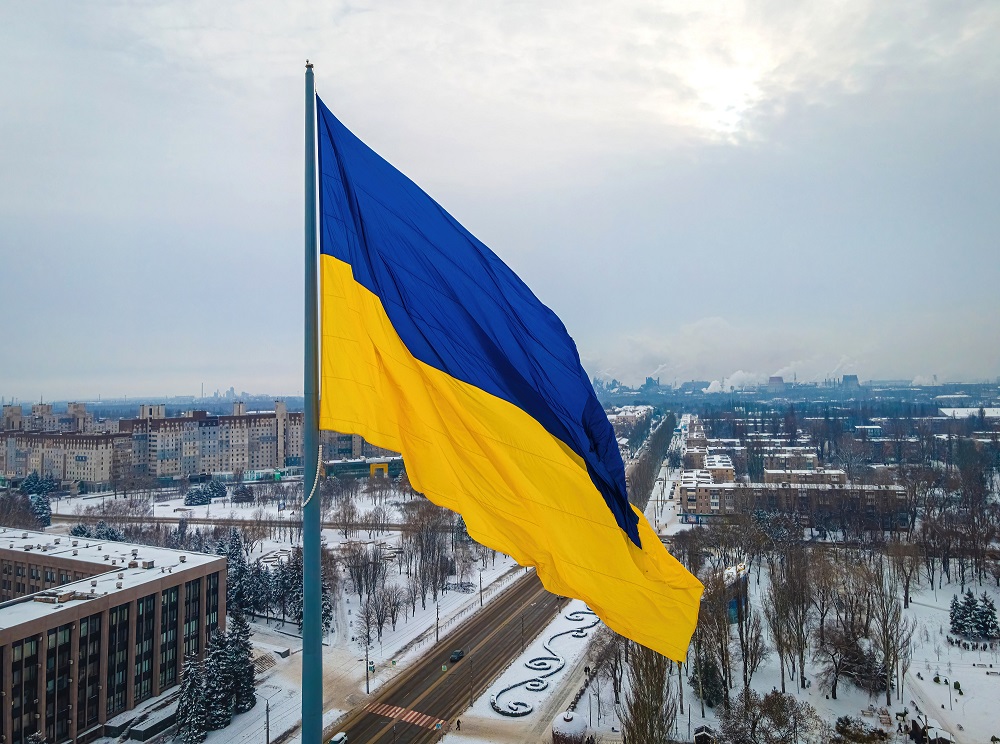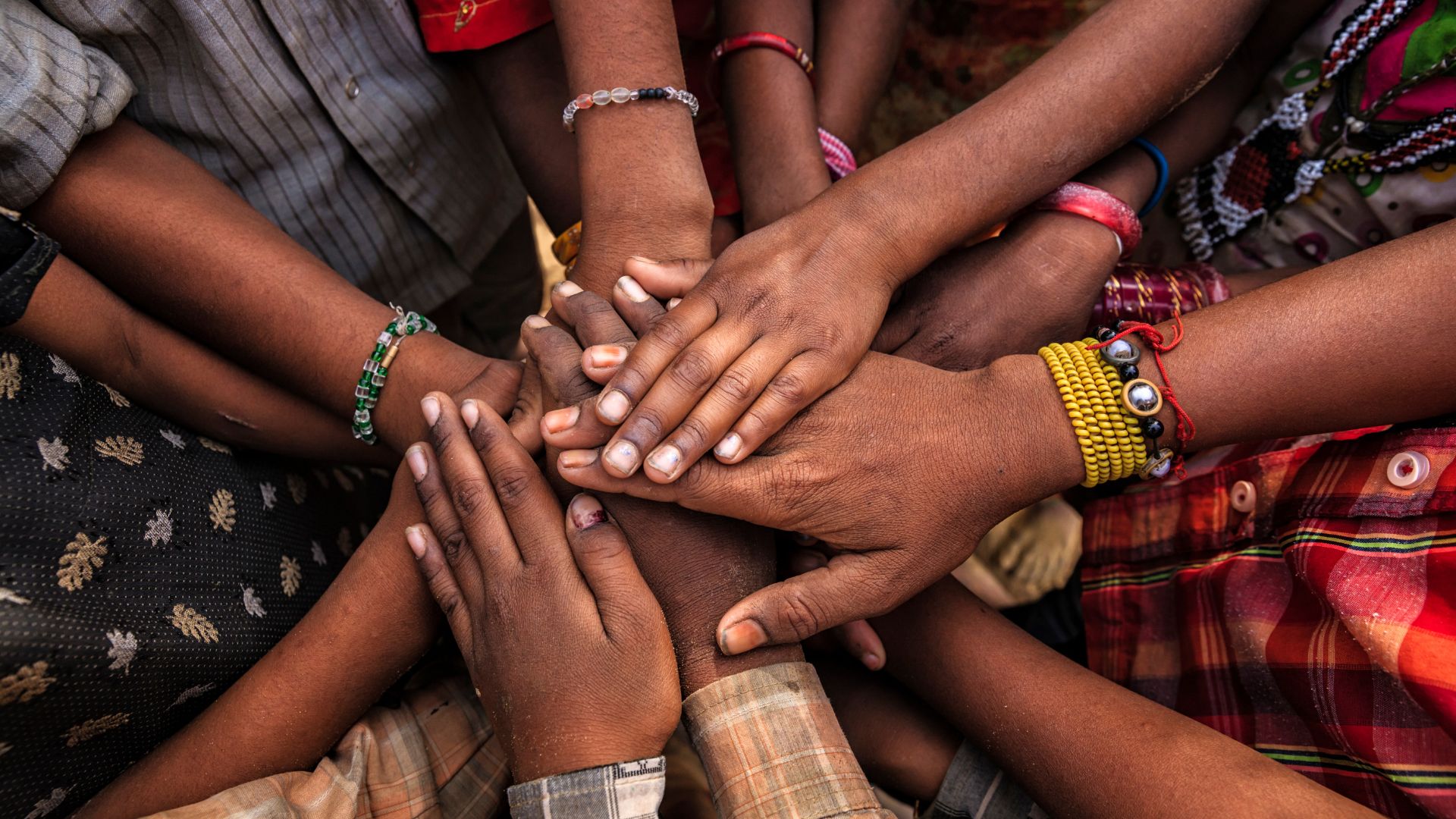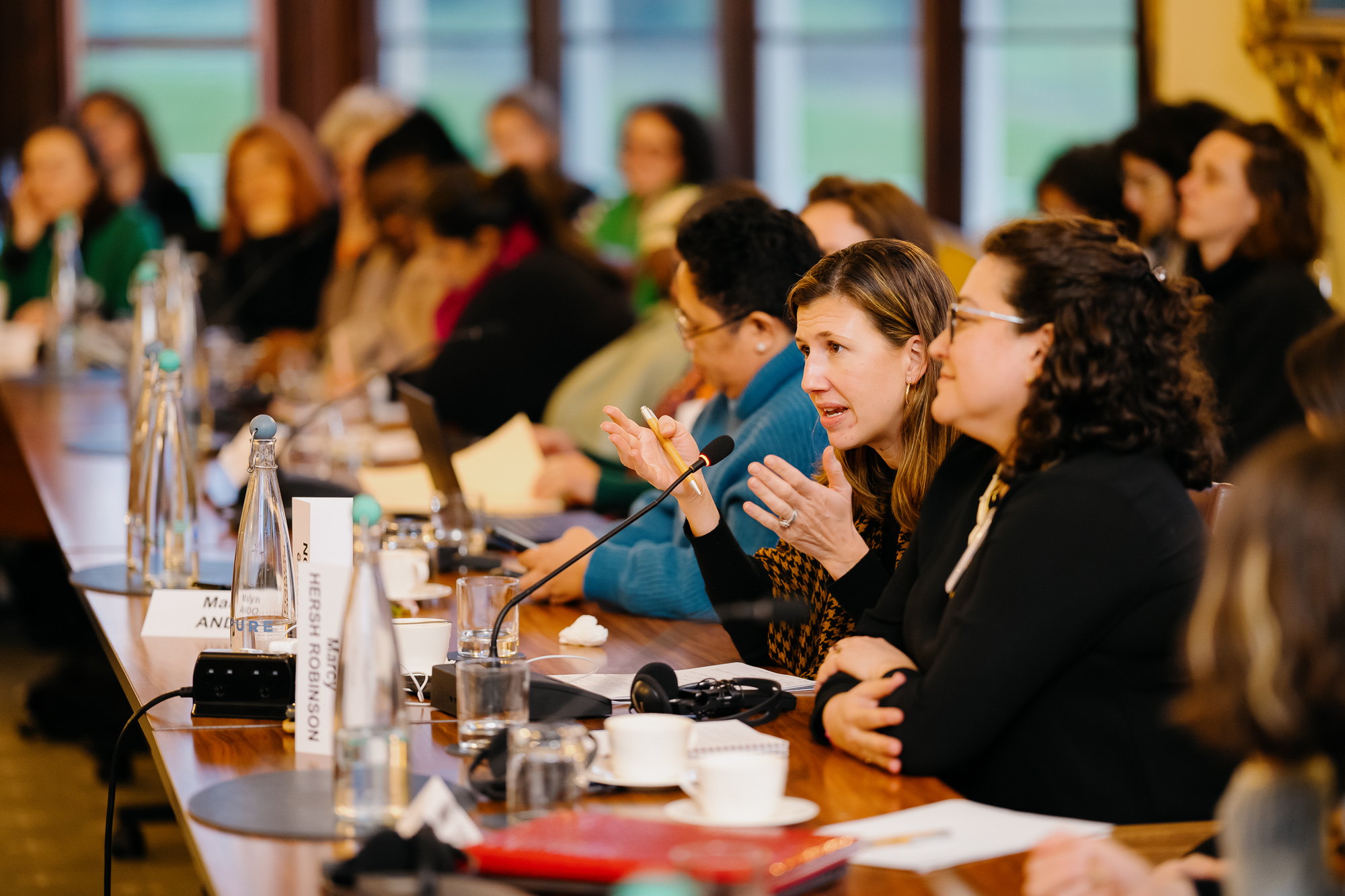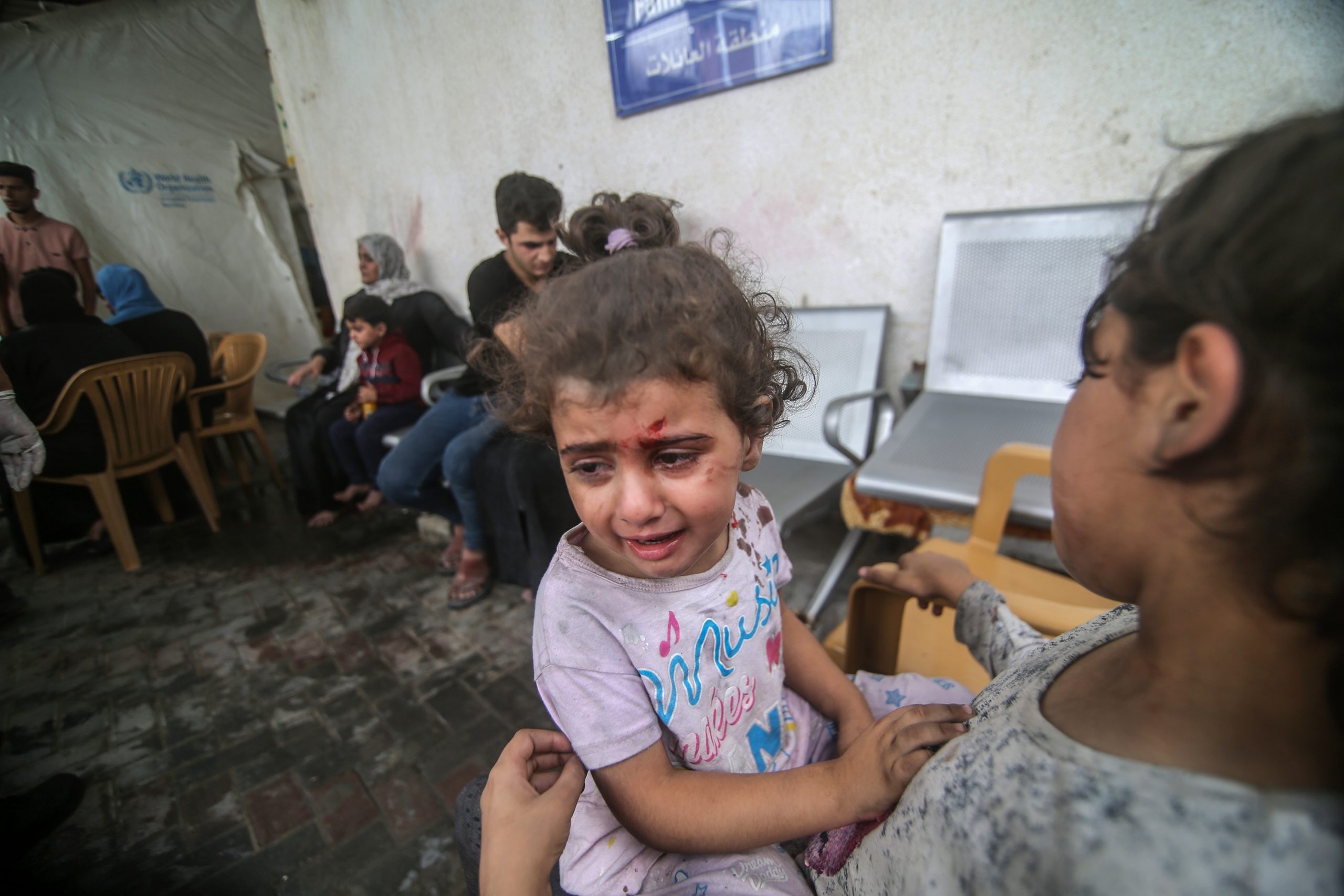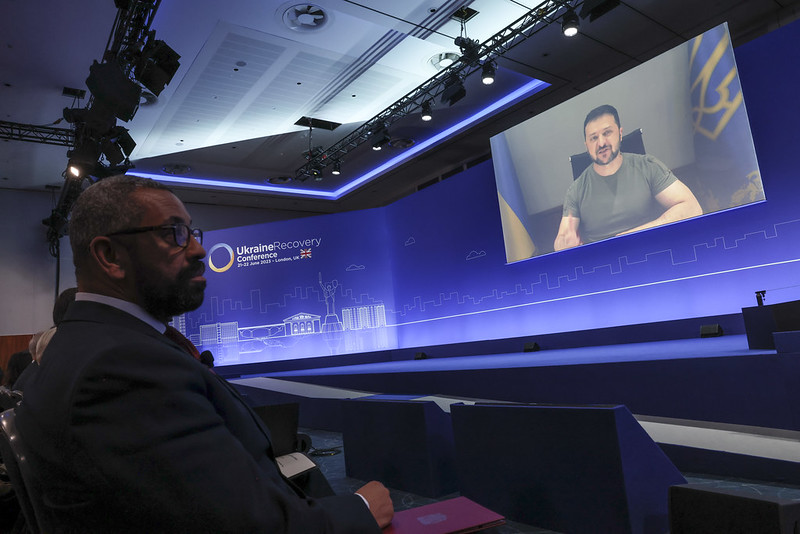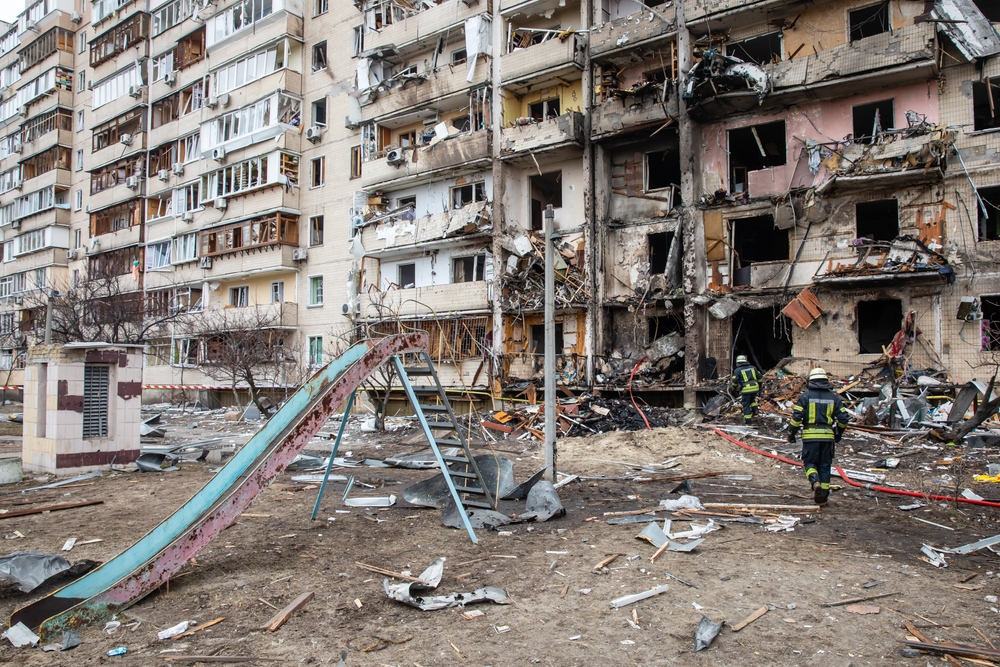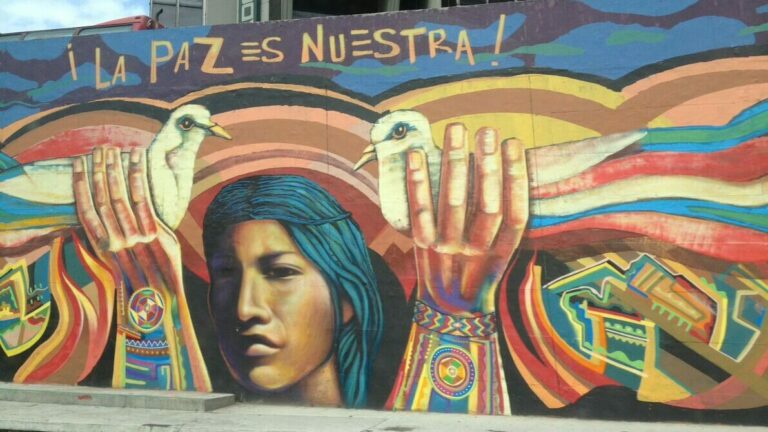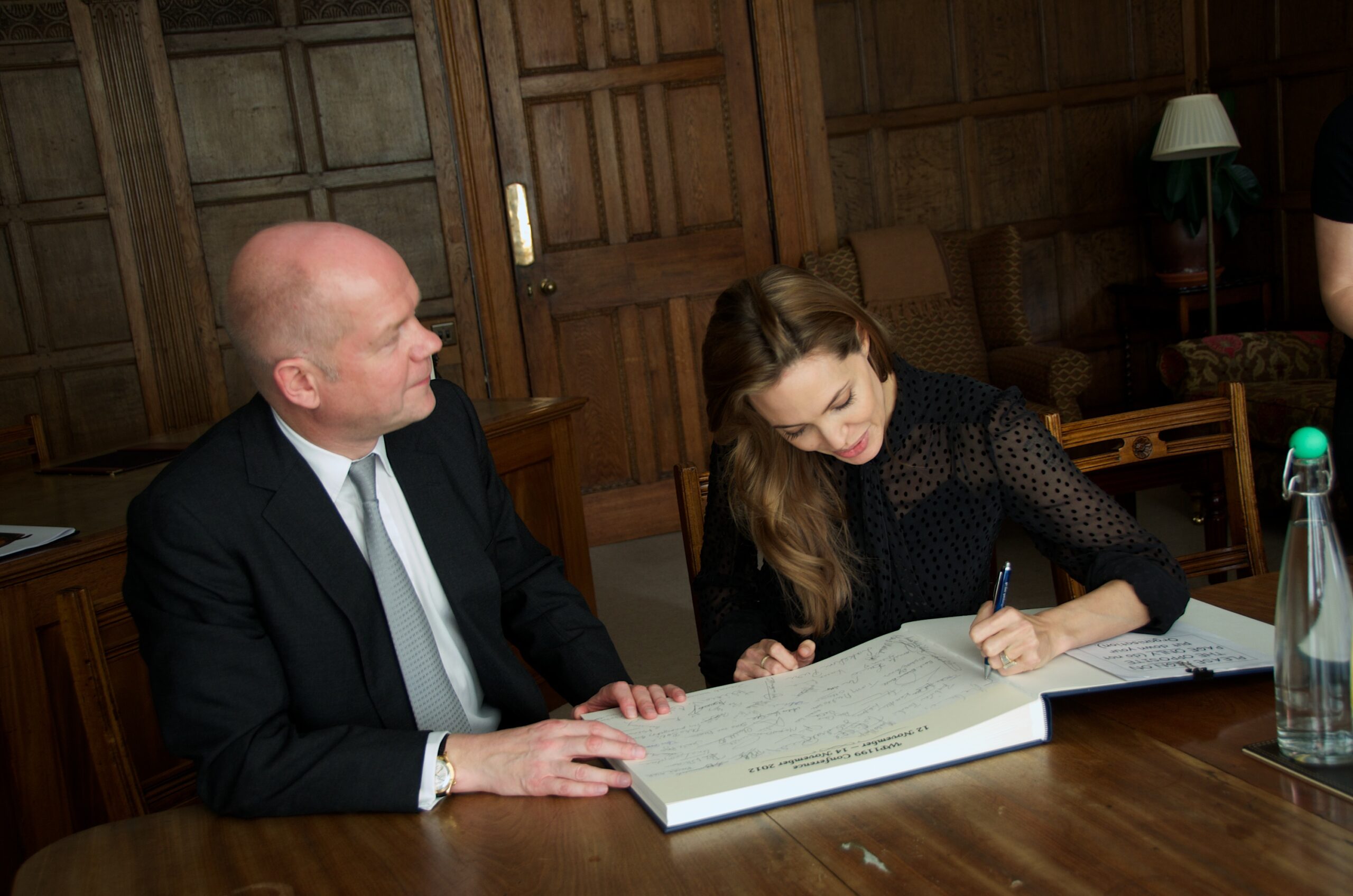In partnership with World Vision (UK) working with the Federal Foreign Office, Berlin
Humanitarian crises continue to compromise children’s rights to care and protection and, in the face of increased and more protracted conflicts, will continue to do so. About 50% of the estimated 26 million people currently displaced by armed conflict and violence are children, and children and young people constitute the majority demographic in conflict-affected fragile states. Children and young people continue to be targeted by armed forces/groups and victimised by small arms violence. The far reaching consequences of armed conflict for children, including forced displacement, sexual exploitation and abuse, and the weakening of formal and informal protection systems, continue long after conflicts end.
The commitment of the international community to protection of children affected by armed conflict is clearly identified within the framework of binding conventions, United Nations (UN) Security Council resolutions and internationally agreed principles and guidelines. 2012 will see significant milestones in implementing these and addressing the needs of children impacted by armed conflict – with the 15th anniversary of the appointment of the first UN Secretary General’s Special Representative on Children and Armed Conflict (SRSG-CAAC), the 10th anniversary of the entry into force of the Optional Protocol to the Convention on the Rights of the Child on the involvement of children in armed conflict and the 5th anniversary of the Paris Principles and Guidelines on Children Associated with Armed Groups or Armed Forces.
Goal and objectives
This conference, included the participation of the SRSG-CAAC and other high level experts, marking these events by reviewing developments in children protection to-date, and a look forward to what needs to be done in the coming decade. In the light of the challenges of contemporary conflict, in particular the proliferation of armed groups, the emergence of resource wars, the internationalisation of terrorism and the use of rape as a weapon of war, the conference:
- Created a better understanding and knowledge of the evolving response to children’s care and protection during and following armed conflict
- Explored innovative strategies for enhancing the protection of children impacted by armed conflict
Key issues discussed include:
- the significant progress made over the last ten years for the protection of children affected by armed conflict and the need to guard, build and advance on these gains, including through the mandate of the Special Representative of the Secretary General on Children and Armed Conflict and the work of the UN Security Council Working Group on Children and Armed Conflict;
- future challenges to which the children and armed conflict agenda must respond, include: identifying effective measures to hold persistent perpetrators to account, including greater use of targeted measures; increased engagement with local level actors and local values and cultures; greater focus on tackling the root causes of conflict and harm to children in situations of conflict; responding to the changing nature of what children face in today’s conflicts; and better addressing the long-term nature of the impacts of conflict;
- the role of the ‘continuum of protection’ in responding to children and armed conflict in order to address children’s protection needs pre-, during and post-conflict, including: the role of different actors in this continuum; the centrality of a systems approach to child protection; and the need for a greater focus on all children living in situations of conflict, not simply those associated with armed groups; and
- the role of children in promoting peace and enhancing stability pre- and post-conflict.
Further information
The report from ‘Children and armed conflict: towards a policy consensus and future agenda – ten years after the Machel study’ is available to download as a pdf [221KB]
